Mysore/Mysuru: The historic atomic bombings of Hiroshima and Nagasaki in 1945, which marked the dawn of the ‘Nuclear Age,’ were commemorated through events organised by the Indian Heritage Cities Network Foundation (IHCNF).
On Aug. 6, the 79th anniversary of the Hiroshima bombing, a panel discussion titled “The Potential and Dangers of Nuclear Technology” was held at the Wadiyar Centre for Architecture.
Dr. N. Ramamoorthy, a former Bhabha Atomic Research Centre (BARC) scientist, highlighted the beneficial uses of nuclear energy beyond military applications, such as in medical treatments and power generation. He emphasised that leveraging these applications could greatly enhance our daily lives, as they have already improved medical treatments.
Conversely, Major General (retd.) S.G. Vombatkere addressed the inherent risks associated with nuclear technology, even in power generation. He criticised the safeguards as inadequate and argued that the radiation safety limits for nuclear plant workers and the public were arbitrary and lacked empirical support.
Moderator Ravi Joshi, Retired Joint Secretary in the Government of India Cabinet Secretariat, noted that India gained significant international respect as a nuclear power, reflecting the prestige associated with nuclear technology.
Dr. D.R. Mohan Raj, a former journalism educator, introduced the discussion with two short documentaries that depicted the devastating impact of the Hiroshima bombing and explored the even greater destructive potential of atomic bombs.
Rajen Varada, Vice-Chairman of the IHCNF, welcomed attendees, and R. Vishwanath delivered a vote of thanks. The documentary “The Buddha Weeps in Jadugoda,” which examines the effects of uranium mining in Jadugoda, Jharkhand, was also screened.
On Aug. 9, Nagasaki Day was observed with screenings of the BBC documentary ‘Hiroshima’ and the Japanese animated war drama ‘Barefoot Gen’ at Heritage House in Saraswathipuram.
A diverse audience
The events attracted a diverse audience, including students from Bharatiya Vidya Bhavan School and Seshadripuram College, who actively participated in the discussions. Their feedback included: “Visuals have much more impact than words. The documentaries helped us understand the true extent of the bombing’s impact,” said one student. Another commented, “We gained insight into the struggles faced by Hiroshima’s residents after the bombing.”
One student questioned, “Why are such weapons needed? Peace should always prevail, and conflicts should be resolved through talks and negotiations alone.” Another added, “If nuclear testing is necessary, it should be conducted far from populated areas, such as on water bodies.”
Professor Haridas, a retired theoretical physicist, remarked on the importance of engaging young people in such discussions, stating, “It is crucial to address nuclear energy issues in the context of the Hiroshima and Nagasaki bombings.”



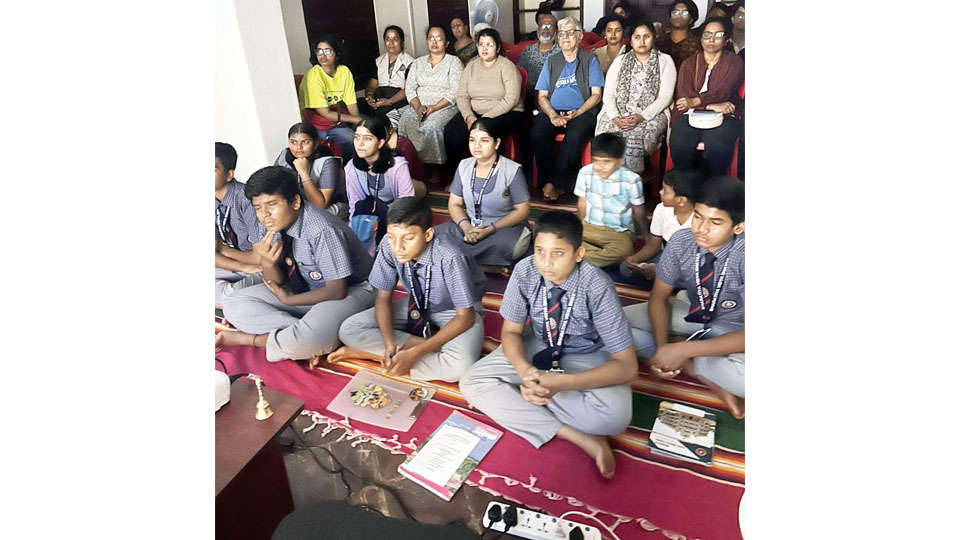
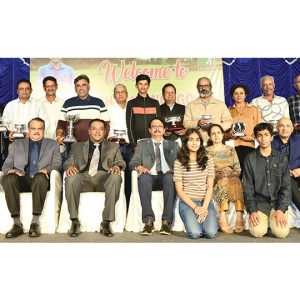
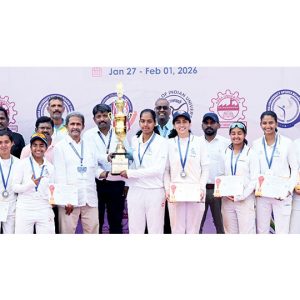
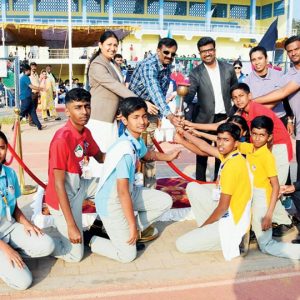
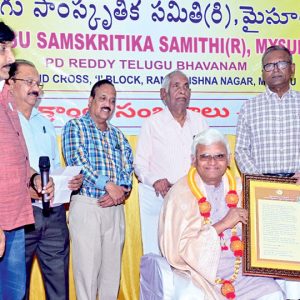
Recent Comments